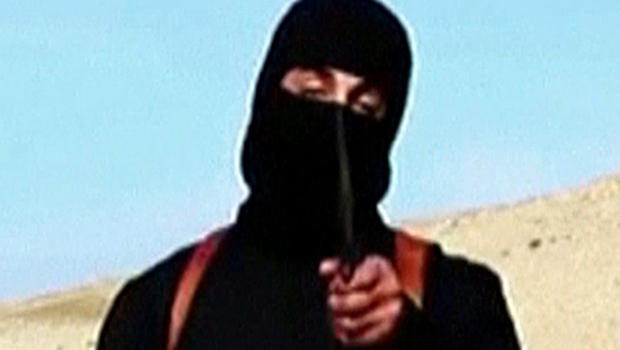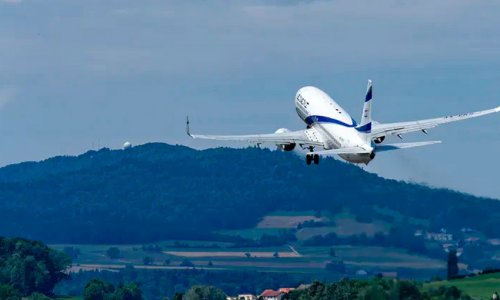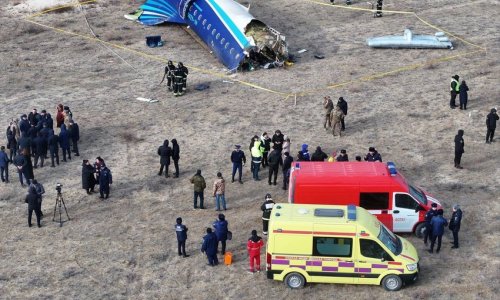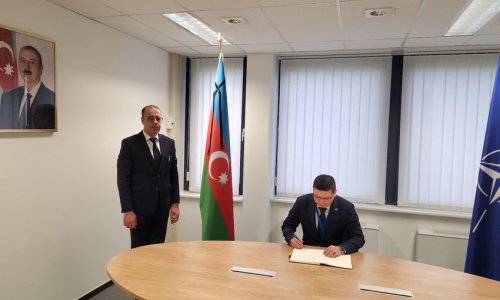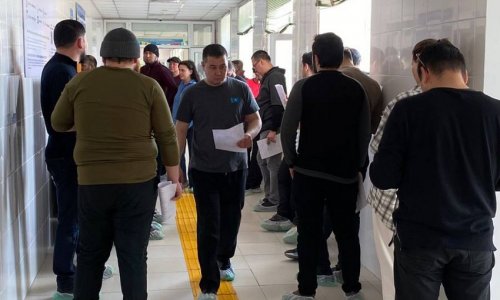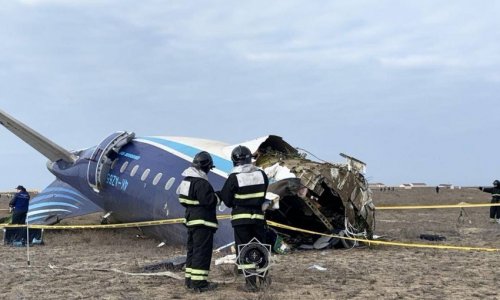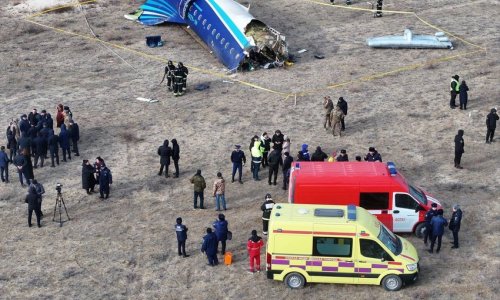The number of foreign fighters traveling to join ISIS's ranks is increasing at an alarming rate, a top U.S. counterterrorism official warned on Wednesday.
Nicholas Rasmussen, director of the National Counterterrorism Center said more than 20,000 fighters, from more than 90 countries, have traveled to the ISIS battlefield, according to testimony before the House Homeland Security Committee hearing Wednesday.
"The rate of foreign fighter travel to Syria is unprecedented," Rasmussen said in the testimony. "It exceeds the rate of travelers who went to Afghanistan and Pakistan, Iraq, Yemen or Somalia at any point in the last 20 years."
Of those fighters, an estimated 3,400 are assessed to come from western countries, including more than 150 from the United States, officials say.
But, Rasmussen cautioned, the numbers don't necessarily paint a complete picture of the problem.
"We know what we know, but that comes from a wide variety of sources and we have always assessed there is likely more information out there that we have not yet been able to collect," he said, later adding, "it's possible that there are greater numbers of foreign fighters, and potentially even greater number of individuals from western countries and the United States who've traveled to the conflict zones."
Questions also remain about the number of western jihadists who have since returned from the region.
"Certainly I would not be truthful if I told you we know about all the returnees," FBI Assistant Director for Counteterrorism Michael Steinbach told the committee. Like Nick [Rasmussen] said, we know what we know." But, he added, "There is a number that we don't know about."
ISIS's prolific exploitation of social media plays a prominent role in its ability to recruit fighters from around the world, said Rasmussen, who added that the group "has proven far more adept than core al Qaeda -- or any of al Qaeda's affiliate -- at using new media tools to reach a broader audience."
Rep. Michael McCaul, R-Texas, the chairman of the House Homeland Security Committee, expressed alarm about small-scale radicalization in the United States that may be hard to detect. The most glaring example is the 2013 Boston Marathon bombing, but there have been other so-called 'lone-wolf' attacks that were successfully thwarted in recent times.
"I wrote to the President recently and raised concerns that we still have no lead agency in charge of countering domestic radicalization and no line item for it in the budgets of key departments and agencies," McCaul said in his prepared opening statement. "I am also concerned that the few programs we do have in place are far too small to confront a threat that has grown so quickly."
McCaul also expressed concern about an administration proposal to re-settle Syrian refugees in the U.S. saying, "I am worried that ISIS could exploit this effort in order to deploy operatives to America via a federally-funded jihadi pipeline."
"They're barbarians," McCaul later said of ISIS, "and I think the barbarians are at the gate. But we want to keep them outside the gate of the United States."
While the three officials maintain there is no specific or credible imminent threat the U.S. homeland, Taylor highlighted recent terrorist attacks in Paris, Sydney and Ottawa as a testament that attacks are moving beyond the borders of Iraq and Syria, and lessons gained on the battlefield could be put to use elsewhere.
"Their experience and successes on the battlefields in Syria and Iraq have armed this group with advanced capabilities that most terrorist groups do not have," Taylor said in his prepared statement.
With the United States and its allies looking for ways to staunch the flow of fighters to and from the battlefield, officials say stronger counterterrorism laws are needed.
As fighters have exploited different modes of transportation from land, sea and air, Rasmussen cited Turkey's visa-free travel arrangements with more than 69 governments that allow for the passage of fighters to move through Turkey's domestic airports, while fighters from the Caucauses are able to move across multiple borders in hopes of crossing the Turkish-Syrian border.
While Turkey has recently added efforts to deny entry to potential foreign fighters, Rasmussen says "significant work remains" in the effort to prevent foreign fighters to cross borders either to or from the battlefield.
Members of the committee also expressed concern about European cooperation in detecting and tracking foreign fighters, in light of revelations that French authorities ended their surveillance on Said and Cherif Kouachi before the brothers launched attacks on the offices of satirical magazine Charlie Hebdo and a printing shop.
"Ramping up our work with our European partners and other partners around the world has certainly increased since the attacks in Paris," Taylor insisted.
(CNN)
ANN.Az
Follow us !

